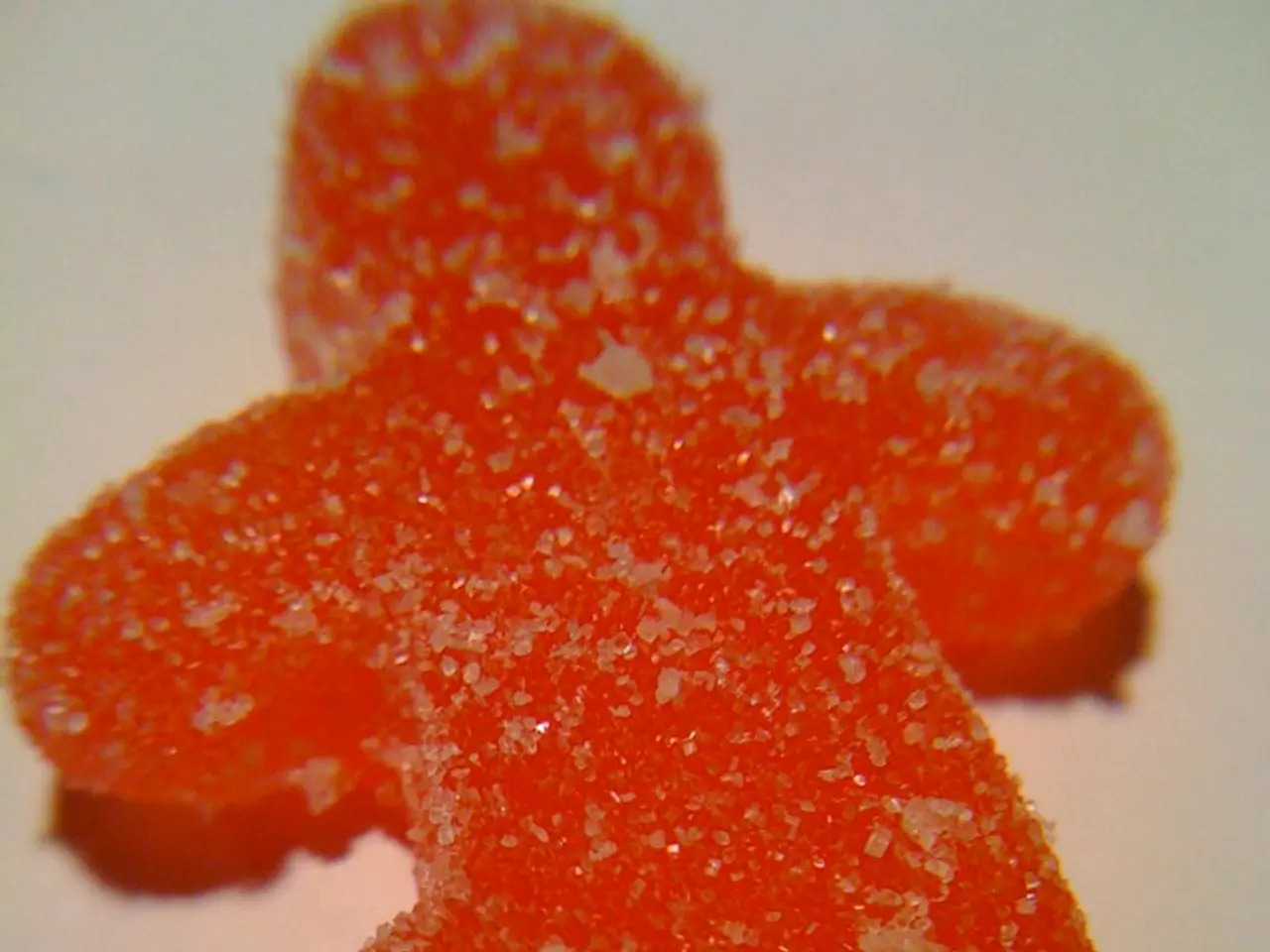Heparin: Information on Adverse Reactions, Proper Dosing, Applications, and Additional Details
In the realm of anticoagulant drugs, Heparin is a well-known option for treating and preventing blood clots. However, it's essential to be aware of its potential risks and alternatives.
Heparin, belonging to the class of anticoagulants, may cause serious bleeding and prolong the time it takes for your body to stop bleeding. When traveling with Heparin, it's crucial to carry the medication with you, keep it in your carry-on bag, and be mindful of special travel rules for medication, needles, and syringes.
Fortunately, there are alternatives to Heparin for blood clot treatment and prevention. These alternatives fall mainly under oral anticoagulants, injectable options, and in some cases, thrombolytic therapy.
One such oral anticoagulant is Warfarin, a traditional alternative, which requires careful dosing, diet management, and regular blood tests. Another group of oral anticoagulants, known as Direct Oral Anticoagulants (DOACs), includes Eliquis (apixaban), Xarelto (rivaroxaban), and Pradaxa (dabigatran). These drugs are taken orally, usually once or twice daily, and do not require regular blood monitoring.
Injectable options include Low Molecular Weight Heparin (LMWH), such as dalteparin and enoxaparin, which acts similarly to standard heparin but has a longer duration and more predictable effects. Another injectable option is Bivalirudin, a direct thrombin inhibitor used in certain clinical scenarios, particularly during procedures requiring anticoagulation.
In acute, severe cases, thrombolytic (clot busters) therapy may be used to actively dissolve clots. However, these drugs are different from anticoagulants, which primarily prevent clot formation.
For those seeking natural alternatives, some herbal substances like turmeric, ginger, cinnamon, cayenne pepper, and vitamin E have properties that may help reduce clot risk. However, these should only be used under medical supervision to avoid interactions and ensure safety.
It's crucial to note that Heparin should be used with caution in various groups, including people with a history of allergy to this drug or pig proteins, people with bleeding or clotting problems, and pregnant women, among others.
Your doctor will monitor how well Heparin is working for you by conducting coagulation or clotting tests, checking your kidney and liver function, and signs of bleeding. Heparin is a refillable prescription medication, and it may interact with other medications, vitamins, or herbs you may be taking.
In conclusion, while Heparin is a valuable tool in treating and preventing blood clots, it's essential to be aware of its potential risks and alternatives. Always consult your doctor to discuss the best treatment option for your specific situation.
In the context of blood clot treatment and prevention, Direct Oral Anticoagulants (DOACs) like Eliquis (apixaban), Xarelto (rivaroxaban), and Pradaxan (dabigatran) are alternatives to Heparin, not requiring regular blood monitoring. For those seeking natural alternatives, herbal substances such as turmeric, ginger, cinnamon, cayenne pepper, and vitamin E may help reduce clot risk, but should be used under medical supervision.




